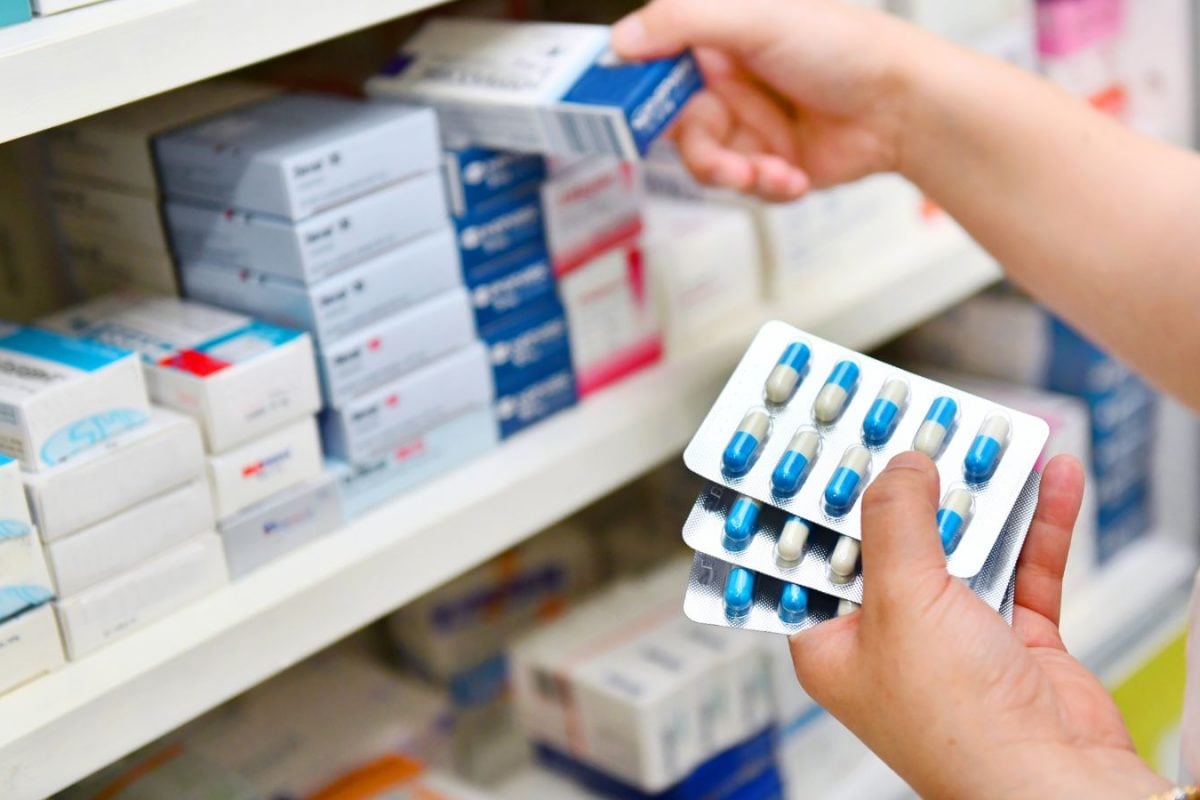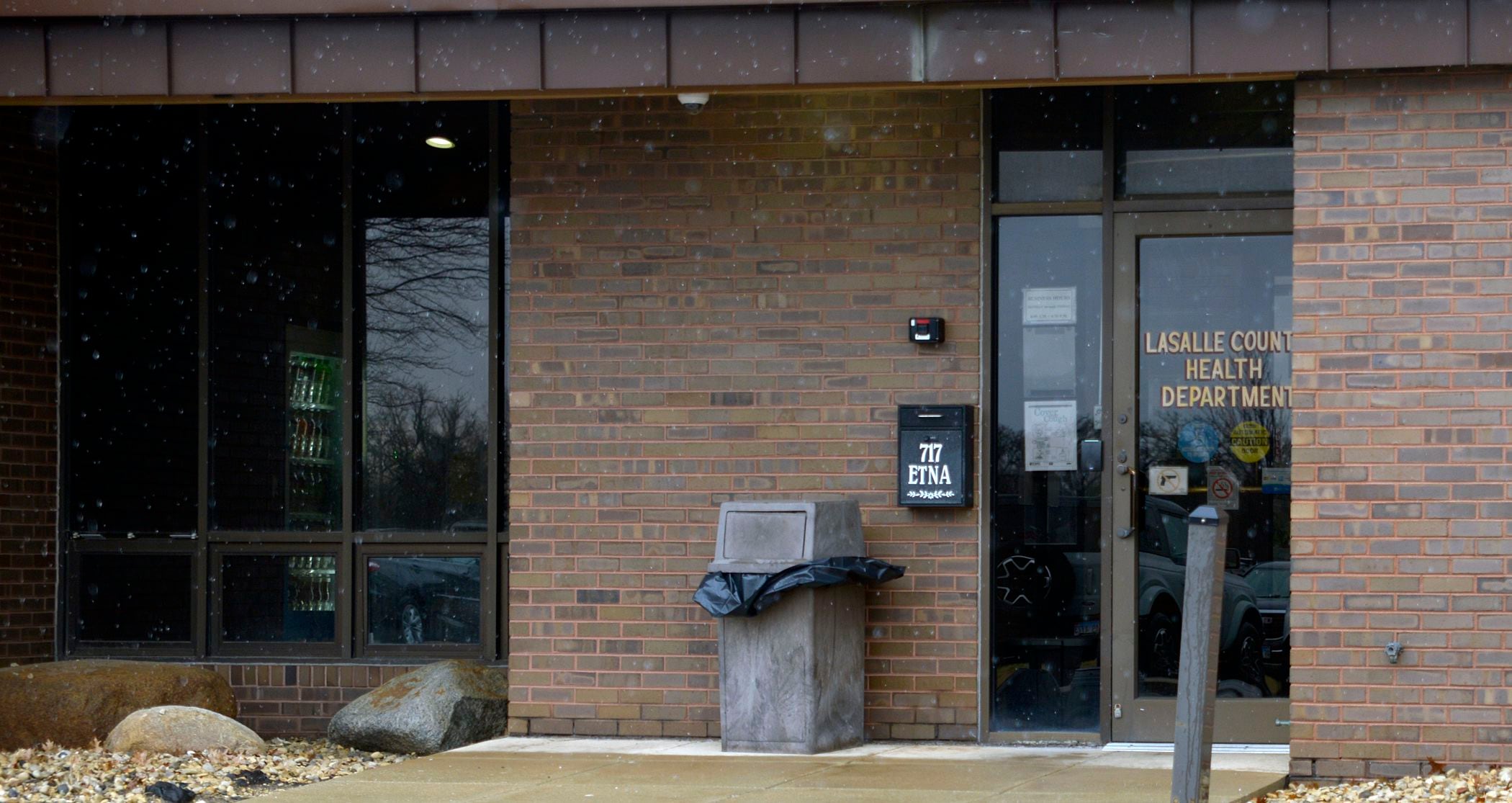Industry insiders believe a combination of legal preparedness, domestic policy support, and strategic market realignment is essential for Indian pharma companies to remain globally competitive Indian pharmaceutical companies are planning a strategic pivot focused on export diversification, increased R&D, and establishing compliant manufacturing bases abroad to stay globally competitive amid the rising threat of tariff wars led by US President Donald Trump. Experts believe if the Trump administration re-introduces or intensifies tariffs on Indian pharmaceutical imports, it would pose a significant disruption to India’s $8–10 billion annual pharma exports to the US—a critical market which accounts for over 30 per cent of total Indian pharma exports. Although the direct impact remains uncertain, the Indian pharmaceutical industry could indirectly bear the consequences of US tariffs on Chinese goods, which may disrupt supply chains and raise the cost of finished formulations in India.
News18 reached out to several pharmaceutical companies for comments, but most declined to respond, citing a ‘wait and watch’ approach amid ongoing developments. However, most of these companies, speaking off the record, told News18 that they don’t anticipate a major fallout for generic drugs as higher costs would primarily impact American consumers. Industry insiders believe that the brunt of the impact will likely be felt by big pharma’s patented medicines.

“While it’s best to opt for wait and watch right now, we think we should diversify export destinations and increase R&D investments to climb the value chain rather than relying on the US as the sole top market," an official at a Mumbai-based pharma company said, requesting anonymity. Overall, industry insiders believe that a combination of legal preparedness, domestic policy support, and strategic market realignment is essential for Indian pharma companies to remain globally competitive and legally insulated against unilateral US protectionism. How Can India Respond? According to Sonam Chandwani, managing partner, KS Legal & Associates, the Indian pharma industry must avoid “knee-jerk reactions" like aggressive cost-cutting.
“Aggressive cost-cutting to match the new cost could compromise regulatory compliance with the US FDA or European good manufacturing standards. Instead, they should diversify their export geographies, scale up R&D investments to move up the value chain, and establish FDA-compliant manufacturing bases in the US or Mexico to insulate against tariff exposure." Chandwani believes if the Trump administration re-introduces or intensifies tariffs on Indian pharmaceutical imports in a discriminatory or protectionist manner, it would be violative of Article I of the GATT 1994 (Most-Favoured-Nation clause) and subject to challenge before the World Trade Organisation (WTO) Dispute Settlement Body.
“India can also invoke retaliatory trade safeguards under Article XXIII for nullification or impairment of benefits under the WTO framework." Also, domestically, Indian authorities may utilise Section 25 of the Customs Act, 1962, to offer exporters exemptions or relief from certain duties to counter the adverse impact of US tariffs. Additionally, broader trade support measures can be introduced, enabling the government to recalibrate export obligations and incentive schemes in strategic sectors like pharmaceuticals.
At the same time, pharma companies must not rely solely on WTO dispute resolution, which is a slow and politically sensitive process, but rather push for expedited bilateral trade dialogue through the Indian government and industry associations. Indian Generics Safe? While the scenario is still not certain, pharmaceutical firms predict a significant disruption for patented medicines, with generic drugs being largely unaffected. Another scenario some see as a potential downside if trade tensions escalate could be where Indian pharmaceutical companies may be compelled to absorb tariff costs on certain high-value generics or new chemical entity (NCE) drugs.
“Trump is looking at patented innovator drugs which are manufactured outside the US, rather than generic drugs. Tariffs are unlikely on generic drugs. However, if at all they are imposed on generic drugs, these will be inflationary for the US consumers as Indian players will pass on the tariff cost to their customers (wholesalers)," said Vishal Manchanda, a pharma analyst at the financial services firm Systematix.
“There are practically no cheaper alternatives for the US to rely on when it comes to generic drugs and neither is it possible for the US to substitute the supply chain inhouse. Indian players may be forced to absorb the tariffs on select high-value generic or new chemical entity (NCE) drugs." In the short term, India may not experience an immediate impact, but in the long run, the country must prepare and explore markets beyond the US.
Ravi Udaya Bhaskar, industry expert and former Director-General of the Pharmaceuticals Export Promotion Council of India (Pharmexcil) told News18, “Indian generics saved the U.S. economy $1.
3 trillion between 2013 and 2022, clearly highlighting the importance of made-in-India generics. I don’t foresee a major setback for the Indian pharmaceutical industry immediately. However, in the long run, India must explore stronger markets beyond the U.
S. and invest in developing advanced medicines beyond generics." Additionally, Bhaskar said India should brace for a possible increase in the cost of raw materials from China.
“The country relies heavily on China for bulk drugs and drug intermediates. With the US imposing tariffs of over 150 per cent on Chinese goods, China may offset these losses by increasing prices for other countries, especially India, knowing that we are the key supplier of generics to the US." According to PV Appaji, industry veteran and first director general of Pharmexcil, “Indian pharma exports to the US will continue to progress".
“Indian companies cannot and will not reduce prices. Neither the US nor any other country can match or replace Indian generics in quality and affordable prices." Pharmexcil is an arm that functions under the Ministry of Commerce and Industry.
It was set up under the provisions of the Foreign Trade Policy in 2004 to promote pharmaceutical exports from India and is playing a key role in negotiating with the US on issues of pharmaceuticals..
Top

Indian Drug-Makers Expect Minimal Hit To Generics, May Plan Change In Business Strategy Amid Trump Tariff Risks

Industry insiders believe a combination of legal preparedness, domestic policy support, and strategic market realignment is essential for Indian pharma companies to remain globally competitive











